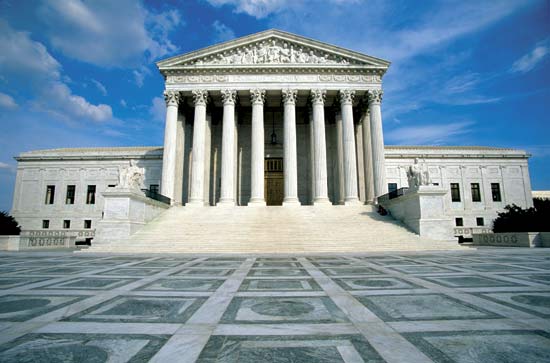Before Delegating Arbitrability to Arbitrator, Supreme Court Must Decide FAA Exclusions (New Prime, Inc. v. Oliveira)
- By : Cbh
- Category : Arbitration Mediation, SCOTUS

The case of New Prime, Inc. v. Oliveira is the second arbitration / delegable / arbitrability question which the U.S. Supreme Court decided in a week. This case may have limited application to disputes involving transportation workers however it is worth discussing to ensure a clear understanding the delegation of arbitrability after last week’s decision in Schein v. Archer & White.
Under the Federal Arbitration Act, sections 3 and 4 require courts to stay litigation and compel arbitration “accord[ing to] the terms” of the parties agreement. Backing up, section 2 requires a “written provision” in either a “maritime transaction or a contract evidencing a transaction involving interstate commerce.” Finally, section 1 exempts “contracts of employment” for various transportation workers (since their ADR provisions are enacted elsewhere).
The Oliveira case involves that last step under section 1 since he is a transportation worker. He claims that “contracts for employment” extend to him even if he were viewed as an independent contractor. Since, in this case, the “extraordinarily broad” arbitration clause delegated the question of arbitrability, should the court decide whether section 1 applies or should it stay the case and delegate the question of arbitrability to the arbitrator “according to the terms”?
If you recently read last week’s Schein case, you might claim this is a slam dunk: the arbitrator decides since, “[w]hen the parties’ contract delegates the arbitrability question to an arbitrator, a court may not override the contract. In those circumstances, a court possesses no power to decide the arbitrability issue.”
But you would be wrong.
According to Justice Gorsuch, “a court must first know whether the contract itself falls within or beyond the boundaries of sections 1 or 2.” The Court described this as the statute’s “sequencing”: sections 1 and 2 define the filed in which Congress was legislating and sections 3 and 4 apply only to contracts covered by those provisions.”
At least in my practice, and my survey of arbitration-enforcement cases over the years, a dispute over section 1 is rare. So this case may not create a swath of precedent (however the Court did feel it important enough to take up).
Still, compare this opinion to last week’s Schein opinion where the Court held that trial courts cannot decline to send a matter to the arbitrator to decide arbitrability on the grounds that the argument for arbitration is groundless.
Here, the “sequencing” approach requires that there be (a) a written contract; (b) maritime transaction or contract evidencing interstate commerce; and (c) the absence of Section 1 exclusions for transportation workers. That seems distinct, and more specified, than when the Court was asked if trial courts could decide whether an arbitration argument was stronger than merely, “groundless.” One way to view this is that, even with a delegation clause, the Court is still determining whether the Act applies before applying the delegation / arbitration terms.
CLOSING COMMENTS:
- Justice Gorsuch gave a very originalist discussion and analysis of how to interpret what the 1925 Act meant in terms of “employment contract.”
- Justice Ginsburg concurred, apparently just to note that she agreed that “words generally should be interpreted as taking their ordinary meaning at the time Congress enacted that statute” but then seemed soften the point but noting, on the other hand, that some interpretation, depending on Congress’ intent, could reflect “changing times and circumstances.”


